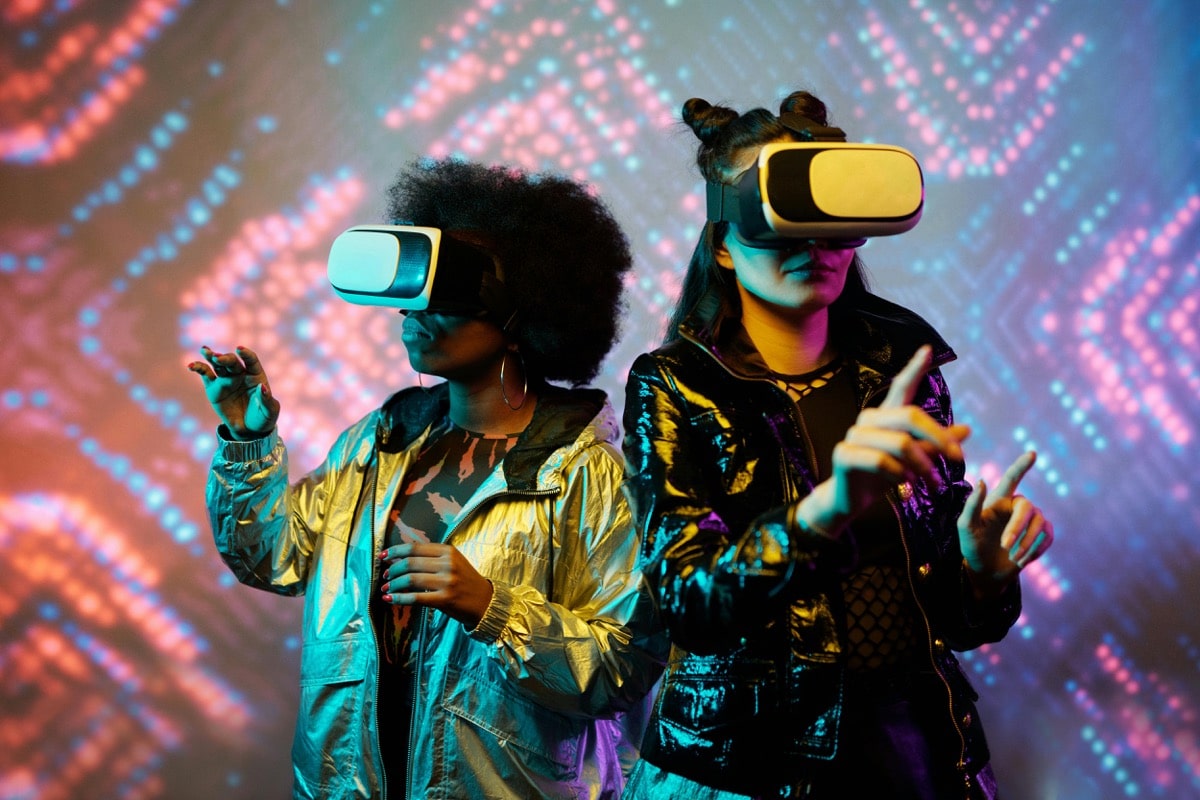Orion smart glasses by Meta are described as a time machine bringing users a glimpse of a fascinating future where reality and virtual environment seamlessly blend.

At a Sept. 25 Meta Connect event in California, Meta’s founder and CEO Mark Zuckerberg presented a “fully functioning” prototype of the company’s new augmented reality (AR) Orion smart glasses.
The new product is controlled by voice prompts, eye movements, finger gestures and even brain signals. It is possible through a wrist-worn wearable called a “neural interface”.
Orion has MicroLED-projectors built in. They create a hologram display that appears on objects in the real world and shows relevant information. With the help of AI assistant, the smart glasses produce customised content for the specific user. For example, the glasses may display images and recipes of dishes that can be made from the ingredients inside your refrigerator as soon as its AI algorithms analyse the available products.
You can also receive video calls, view messages on Meta platforms, play virtual games, and use popular online services like Spotify, YouTube, and Pinterest in AR mode. The linked wristband registers and interprets specific gestures Orion users should make so that they can navigate and control apps on the smart glasses.
Despite its futuristic functions, the Orion device looks like ordinary, thick, black reading glasses.
Meta is already selling Ray-Ban branded smart glasses equipped with cameras and speakers for video recording and streaming, but Orion is expected to be more functional and is seen as a potential rival to smartphones. Meanwhile, Ray-Ban smart glasses are also getting upgraded. New features will include real-time artificial intelligence video interaction and processing, and live language translations for English, French, Italian and Spanish.
At the same time, the unveiled prototype is still a work in progress. The one presented at the event is not yet for sale, and its initial price is too high ($10,000) to make the product mainstream.
This year’s Meta Connect also introduced the new Quest 3S, a virtual reality headset, and the next major update for its large language model called Llama 3.2. It allows developers to create more advanced AI apps, having a deeper understanding of images and text.









